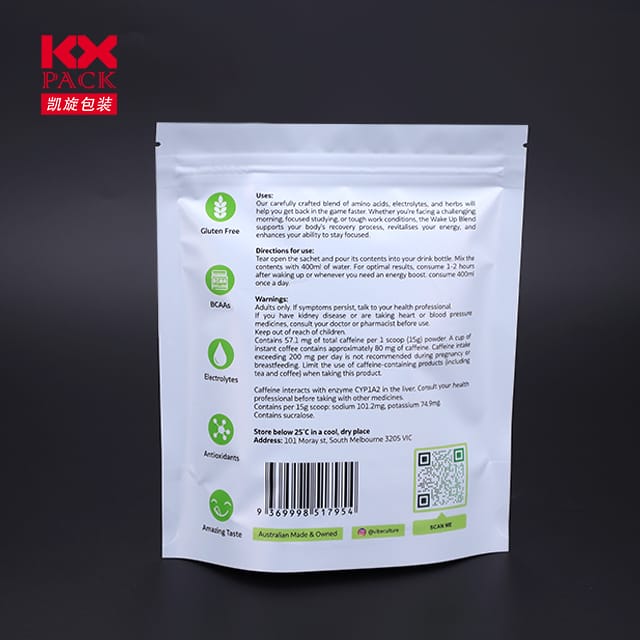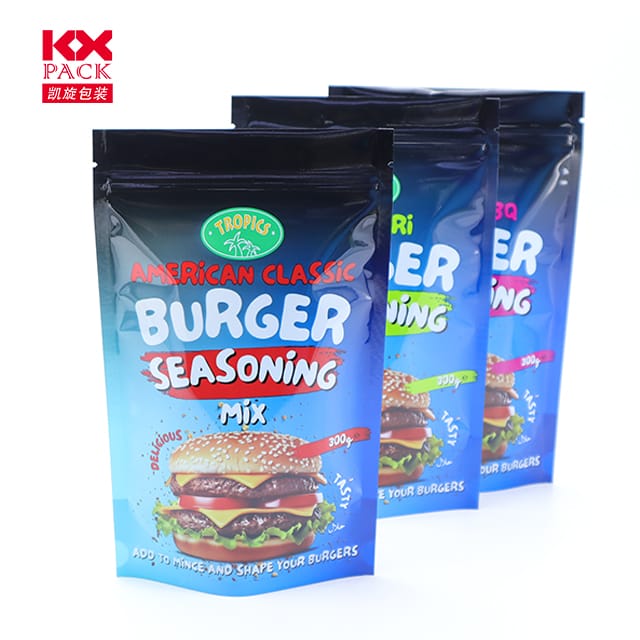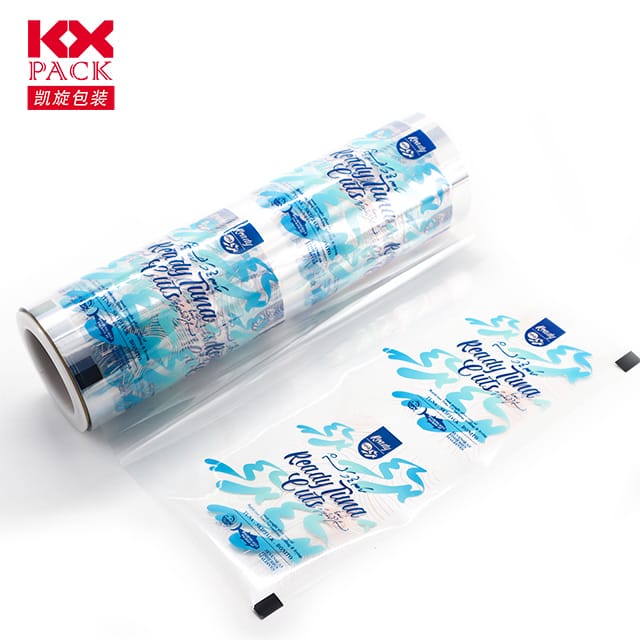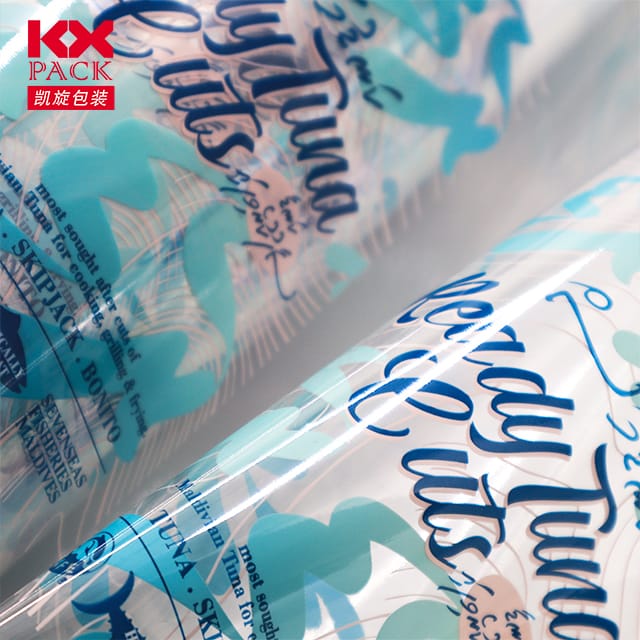La sinergia del film sigillante, ANIMALE DOMESTICO, e CPP: Innovazioni nell'imballaggio flessibile
Pellicola sigillante
Nel mondo del packaging, la ricerca della durabilità, sostenibilità, e la funzionalità non si ferma mai. Among the unsung heroes of this industry aresealing films, ANIMALE DOMESTICO (Polietilene tereftalato), ECPP (Polipropilene fuso)-materiali che, quando combinato, creare soluzioni robuste per il cibo, farmaceutici, cosmetici, e oltre. Scopriamo come questi componenti interagiscono per ridefinire il packaging moderno.
Pellicola sigillante: The Guardian of Freshness
Sealing films are the first line of defense in preserving product integrity. Whether it’s keeping snacks crisp, medicines sterile, or electronics dust-free, these films create a barrier against moisture, ossigeno, leggero, e contaminanti. Le caratteristiche principali includono:
- Saldabilità termica: Ensures airtight closures, estendendo la durata di conservazione.
- Resistenza alla perforazione: Protects fragile contents during transit.
- Stampabilità: Allows branding and product information to shine.
Modern sealing films often blend multiple polymers to balance cost, prestazione, and eco-friendliness—and that’s where PET and CPP come into play.
ANIMALE DOMESTICO: The Strength and Clarity Champion
ANIMALE DOMESTICO (Polietilene tereftalato) is a star player in packaging due to its:
- High Tensile Strength: Resiste alle sollecitazioni senza lacerarsi.
- Trasparenza: Offers crystal-clear visibility for product display.
- Resistenza chimica: Ideale per il cibo, bevande, and personal care items.
- Riciclabalità: A eco-conscious choice for brands aiming to reduce waste.
PET is commonly used inpellicole di copertura (PER ESEMPIO., yogurt cups, trays) Etransparent blister packs, where clarity and strength are non-negotiable. When paired with sealing films, PET adds structural integrity while maintaining a premium look.
CPP: The Flexible, Heat-Resistant Workhorse
CPP (Polipropilene fuso) shines in applications requiring flexibility and heat resistance. Unlike biaxially oriented polypropylene (Bopp), CPP is uniaxially stretched, giving it:
- Superior Sealability: Forms strong, leak-proof bonds even at high speeds.
- Softness and Flexibility: Conforms to irregular shapes without cracking.
- Low-Temperature Tolerance: Maintains performance in refrigerated or frozen environments.
CPP is a go-to forinvolucri di flusso (PER ESEMPIO., chocolate bars, prodotti da forno), buste stand-up, Eimballaggio medico, where durability and adaptability are critical.
The Perfect Trio: Combining PET, CPP, and Sealing Films
QuandoANIMALE DOMESTICO, CPP, and sealing films are laminated or co-extruded, they create hybrid structures that leverage each material’s strengths:
- ANIMALE DOMESTICO + Pellicola sigillante: Ideal for rigid trays or thermoformed packaging, where PET provides rigidity and the sealing film ensures a hermetic seal.
- CPP + Pellicola sigillante: Used in flexible packaging like snack bags or frozen food pouches, where CPP’s flexibility and heat resistance meet the sealing film’s barrier properties.
- ANIMALE DOMESTICO + CPP + Pellicola sigillante: A trifecta for high-performance applications (PER ESEMPIO., retort pouches for ready-to-eat meals), offering strength, flessibilità, and sterilization compatibility.
Innovazioni che guidano il futuro
Il settore del packaging è in continua evoluzione, with advancements like:
- Alternative a base biologica: PET and CPP variants made from renewable resources (PER ESEMPIO., polietilene a base di canna da zucchero) reduce reliance on fossil fuels.
- Imballaggio intelligente: Integrating sensors or QR codes into sealing films for real-time freshness tracking.
- Alleggerimento: Thinner yet stronger laminates reduce material use without compromising performance.
- Riciclabalità: Strutture monomateriche (PER ESEMPIO., all-PET or all-PP laminates) semplificare i flussi di riciclaggio.
Sfide e considerazioni
Nonostante i loro benefici, these materials face hurdles:
- Costo: High-performance films can be pricier than traditional options.
- Complessità del riciclaggio: Laminati multistrato (PER ESEMPIO., PET/CPP/aluminum) are harder to recycle than single-material structures.
- Conformità normativa: Meeting food-safety standards and environmental regulations requires rigorous testing.
Tuttavia, brands and manufacturers are rising to the challenge by investing insustainable innovations Ecircular design principles.
Conclusione: Packaging Reimagined
The synergy betweensealing films, ANIMALE DOMESTICO, e CPP is a testament to how material science can solve real-world problems. Dall'estensione della durata di conservazione alla riduzione dei rifiuti, these technologies empower brands to deliver products safely, sustainably, and stylishly.
As consumers demand greener choices and smarter packaging, the future will likely see even more collaboration between materials engineers, progettisti, and recyclers. The goal? To create packaging that’s as kind to the planet as it is to the products it protects.
What’s your perspective? How do you think packaging materials will evolve in the next decade? Condividi le tue intuizioni qui sotto! 🌍📦🔒
Parole chiave: pellicola sigillante, ANIMALE DOMESTICO, CPP, imballaggio flessibile, imballaggio sostenibile, conservazione degli alimenti, material innovation







